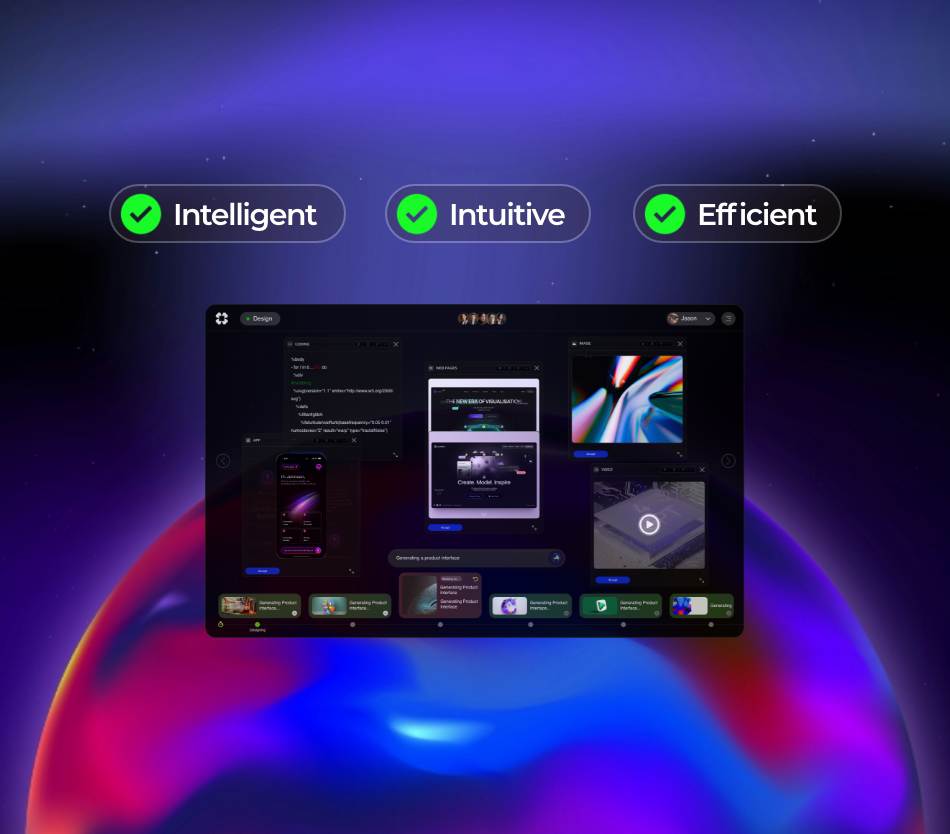As organizations around the globe adapt to rapid technological advancements, AI-powered workflow assistants have emerged as a game changer in the landscape of automation. These tools are redefining how businesses operate, streamlining processes and enhancing productivity through intelligent task orchestration. With their capacity to integrate various functions—from AI automated invoice processing to executing specific tasks within complex workflows—these assistants are helping organizations save time and resources, ultimately boosting their bottom line.
.
The advent of AI in business operations has prompted a shift towards automation that extends beyond basic tasks. The integration of AI-driven solutions into workflow management allows companies to enhance efficiency, minimize human error, and improve decision-making processes. AI-powered workflow assistants are designed to learn from user behavior and adapt over time, making them increasingly proficient at predicting needs and automating routine activities.
.
One key benefit of these assistants is their ability to simplify complex processes. For instance, when it comes to AI automated invoice processing, traditional methods often involve tedious manual input, validation, and payment processing. AI systems can automatically extract relevant data from invoices, validate it against existing records, and route it for approval—all without human intervention. This not only accelerates the invoice processing cycle but also significantly reduces the risk of errors inherent in manual data entry.
.
By leveraging technologies such as optical character recognition (OCR) and machine learning, businesses can automate the capture and processing of invoicing data. The intricate algorithms employed by AI tools effectively reduce processing times from several days to mere hours, if not minutes. This advancement is particularly critical in sectors where cash flow management is vital, such as retail and manufacturing. Companies capable of handling invoices efficiently position themselves for greater financial stability and agility.
.
Moreover, the modulation of an AI task execution engine offers another layer of sophistication in workflow management. This engine is responsible for executing specific actions based on predetermined criteria. For example, it can auto-assign tasks to team members based on their workload or skill set, send reminders for overdue actions, or escalate issues if they fall outside designated timelines. The seamless orchestration of team duties is essential for maintaining momentum in projects, especially in industries with tight deadlines and high-stakes deliverables.
.
From customer service to supply chain management, the applications of AI-powered workflow assistants are vast and varied. In customer service, these tools can analyze support tickets, categorize them based on urgency or complexity, and assign them to the appropriate service representative. This not only ensures faster response times but also enhances customer satisfaction—an invaluable asset in today’s competitive market.
.
In supply chain management, AI assistants can monitor inventories, predict stock shortages, and automate reordering processes. The integration of these tools means that businesses can maintain optimal inventory levels without overstocking or running into stockouts, creating a more efficient supply chain. The consequences are felt not just in cost savings, but also in improved service levels and customer satisfaction.
.
In analyzing AI’s impact across industries, one can observe a growing trend toward the adoption of AI-powered workflow assistants as an essential component of digital transformation strategies. Organizations are increasingly recognizing the critical role these technologies play in driving innovation and maintaining competitive advantages. This has led to a significant surge in investment in AI solutions, evidenced by the rapid growth of the global AI software market.
.
As we look to the future, it’s clear that the trend toward increasing reliance on AI assistants will continue to gain momentum. However, with such advancements also come challenges. Privacy and security concerns remain paramount, particularly as more sensitive data is handled by AI systems. Organizations must proactively address these issues by implementing robust cybersecurity measures and ensuring compliance with data protection regulations.
.
Additionally, businesses must consider the human element in the implementation of these technologies. While AI can automate numerous tasks, the workforce must be equipped to work alongside these tools effectively. Training employees to leverage the full potential of AI-powered workflow assistants will be crucial in maximizing productivity and minimizing resistance to change.
.
To optimize the benefits of AI automated invoice processing, companies should focus on the following strategies: implementing reliable software solutions that can accurately capture and process invoice data, investing in employee training for higher user adoption rates, and regularly updating systems to align with best practices and technological advancements.
.
Organizations should also establish clear communication and feedback mechanisms to ensure that AI task execution engines are effectively aligned with business needs. Regular evaluation of performance metrics will enable firms to adjust processes and tweak configurations of AI technologies for optimal performance.
.
In conclusion, the rise of AI-powered workflow assistants signifies a pivotal shift in the way organizations operate. From enhancing invoice processing to automating task execution, these technologies have the potential to drive unparalleled efficiency and effectiveness in workplaces across industries. As companies embrace digital transformation, understanding and integrating AI tools will be fundamental to remaining competitive in an increasingly automated world. The future of work will undoubtedly be shaped by these intelligent assistants, making it imperative for businesses to adopt them strategically and thoughtfully.
.
In summary, while the benefits of AI technology are clear—ranging across increased efficiency, reduced errors, and improved decision-making—the path to successful implementation involves overcoming challenges and continually evolving to meet new demands. By addressing privacy concerns, investing in training, and fostering a culture that values innovation, organizations can ensure that they remain at the forefront of this technological revolution. The future is bright for AI-driven workflow solutions, and now is the time for businesses to seize the opportunity for transformation.
**
